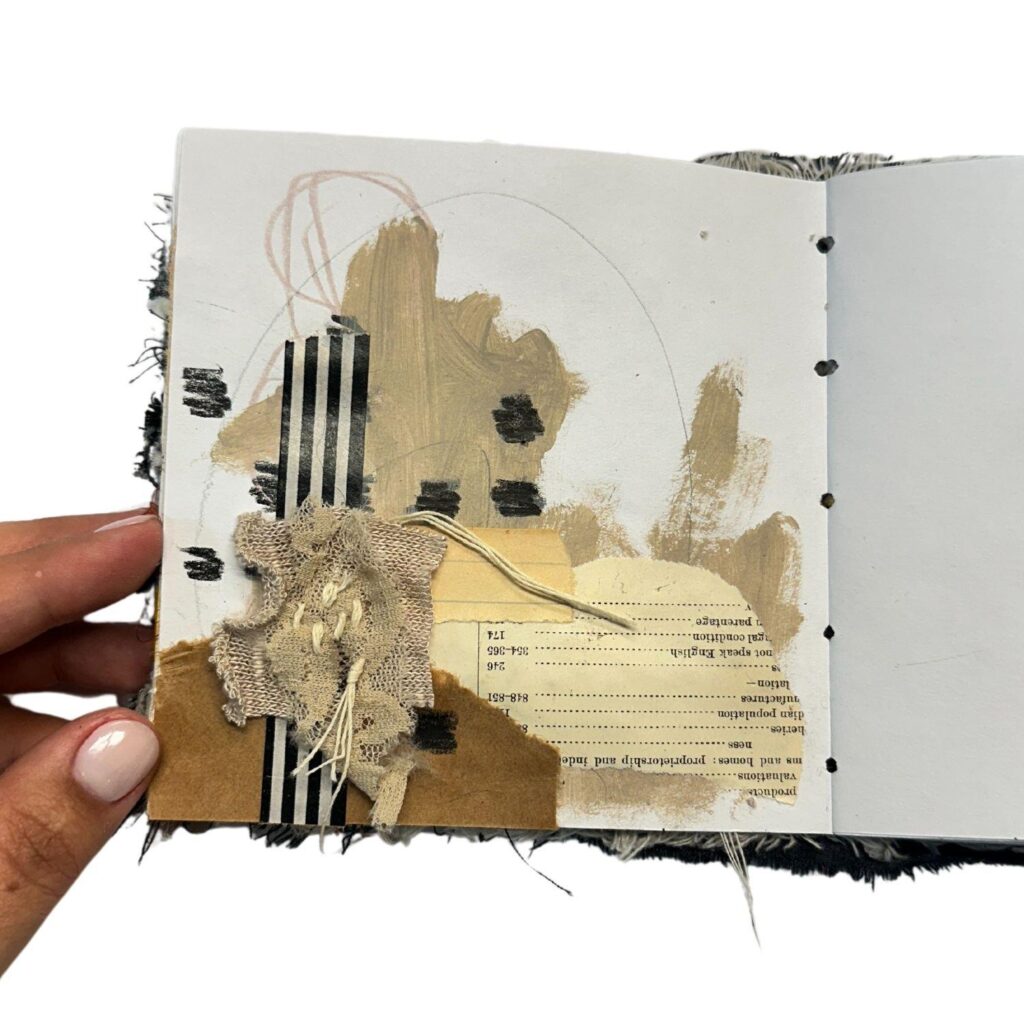Burundi’s Preparedness Amid Rising M23 Insurgency in Eastern DRC
In a region long plagued by volatility, Burundi’s President Évariste Ndayishimiye is intensifying efforts to confront the growing threat posed by the M23 rebel faction advancing through South Kivu in the eastern Democratic Republic of the Congo (DRC). As this insurgent group gains ground, Burundi is proactively enhancing its security measures and preparing for a possible surge of refugees fleeing conflict zones. This heightened vigilance reflects mounting apprehensions from regional authorities and international observers about how M23’s resurgence could destabilize cross-border relations and exacerbate humanitarian crises. Given Burundi’s historical connections with eastern DRC, Ndayishimiye’s strategic responses are poised to influence geopolitical dynamics across one of Africa’s most fragile corridors. This article delves into recent developments, government strategies, and broader regional implications surrounding this tense situation.
Bolstering Border Security: Burundi’s Tactical Response to M23 Advances
Facing escalating instability linked to M23 activities in South Kivu, President Ndayishimiye has launched an extensive campaign aimed at reinforcing national defense capabilities along Burundi’s borders. The initiative prioritizes military preparedness while simultaneously addressing civilian safety concerns through community engagement programs. Key components of this mobilization include:
- Intensified Border Surveillance: Deployment of advanced reconnaissance units and surveillance technology to monitor rebel movements closely.
- Regional Military Collaboration: Enhanced coordination with Congolese forces and neighboring states to conduct joint patrols and share intelligence effectively.
- Strategic Resource Deployment: Redirecting troops and logistical support toward vulnerable border sectors for rapid response readiness.
The Burundian administration is also actively involving local populations by raising awareness about potential risks while expanding humanitarian aid frameworks designed to assist displaced persons should conflict escalate further. Balancing robust defense postures with social welfare initiatives underscores the government’s dual commitment amid rising tensions.
| Date | Key Development | Resulting Impact |
|---|---|---|
| October 2023 | Dramatic increase in troop presence along border zones | Tangible enhancement of territorial security measures |
| October 2023 | Cohesive military exercises conducted jointly with DRC forces | Elevated operational readiness against insurgent threats |
| October 2023 | Civic outreach campaigns initiated within border communities | A rise in public alertness regarding security challenges |
The Broader Regional Consequences of Burundi’s Military Escalation and Strategic Posture in Great Lakes Politics and Security Dynamics
Ndayishimiye’s decision to amplify military strength has reverberated beyond national boundaries, signaling a shift that may recalibrate power balances throughout the Great Lakes region. With M23 continuing its assertive push into South Kivu territory, these defensive enhancements serve not only as protective measures but also as strategic signals intended to deter aggression against Burundi itself.
- Sustained Investment in Defense Capabilities: Significant budget increases have been allocated toward modernizing armed forces equipment and infrastructure.
- Evolving Training Regimens: The armed services are undergoing rigorous counterinsurgency training tailored specifically for asymmetric warfare scenarios common within eastern Congo.
- Tightened Intelligence Networks: Expanded intelligence-sharing agreements between regional governments aim at early detection of militant maneuvers.
This militarization trend could prompt neighboring countries such as Rwanda, Uganda, and Tanzania—each with vested interests—to reassess their own defense policies or forge new alliances based on emerging threats. Potential outcomes include an intensified arms buildup across borders or shifts toward multilateral security pacts designed for collective stability.
| POSSIBLE DEVELOPMENTS | POTENTIAL IMPACTS ON THE REGION |
|---|---|
| Acceleration of regional militarization efforts td > tr > | |
| New patterns emerge around shared security priorities td > tr > | |
| Surges in refugee displacement requiring urgent international aid td > tr > |
A Path Forward: Diplomatic Strategies & Conflict Mitigation Measures for Lasting Peace in the Great Lakes Region
The precarious situation demands concerted diplomatic action alongside military vigilance. Regional bodies like the African Union (AU) and East African Community (EAC) must spearhead inclusive peace dialogues involving all stakeholders—including Burundian officials, Congolese authorities, civil society groups—and representatives from armed factions such as M23.
Tackling root causes like resource competition over mineral-rich territories or ethnic grievances remains essential for durable conflict resolution rather than mere containment through force alone.
- < strong >Enhancing Multilateral Cooperation:< / strong > Mobilize joint peacekeeping operations under AU/EAC mandates coupled with transparent ceasefire monitoring mechanisms.< / li >
- < strong >Empowering Grassroots Participation:< / strong > Engage NGOs & civil society actors actively during negotiations ensuring culturally sensitive solutions that reflect local realities. < / li >
- < strong >Promoting Economic Integration:< / strong > Develop cross-border trade initiatives aimed at reducing economic disparities fueling unrest. < / li >
< / ul >Negotiation Component< / th > Description & Purpose< / th >
< / tr >
< / thead >< b >Immediate Ceasefire Agreement< / b > td > –> ——————Create calm conditions conducive for constructive talks.</span> td > </ tr > < tr > < td >< b>Security Assurances</ b></ td> < td>International observers oversee compliance fostering trust among parties involved.</ td> </ tr> <br/>
Actionable Timelines
Establish clear deadlines holding parties accountable during implementation phases.
Looking Ahead: Navigating Uncertainty Amid Heightened Tensions
The proactive stance taken by President Évariste Ndayishimiye underscores both urgency and complexity inherent within current developments surrounding South Kivu’s volatile landscape. As Burundi fortifies defenses while seeking cooperative ties across borders,global actors remain vigilant regarding potential spillover effects impacting regional stability as well as humanitarian conditions on ground.
The coming months will be pivotal—not only shaping Burundi’s trajectory but also influencing broader geopolitical alignments throughout Central Africa—as stakeholders strive either towards escalation or peaceful resolution amidst persistent uncertainty.

